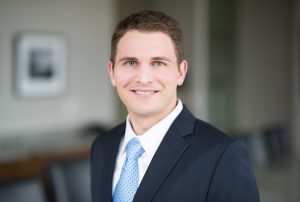TREEHOUSE AVATAR LLC v. VALVE CORPORATION
Before Lourie, Reyna, and Stoll. Appeal from the U.S. District Court for the Western District of Washington.
Summary: The district court did not abuse its discretion in striking expert testimony inconsistent with the court’s claim construction. Nor did the district court err in granting summary judgment of noninfringement after striking the expert testimony.
Treehouse sued Valve for infringement of patent claims that required “character enabled (CE) network sites.” The parties agreed upon a specific construction of the CE limitation, and the district court adopted the same construction. However, Treehouse’s infringement expert report relied upon the plain and ordinary meaning of the CE limitation rather than the agreed-upon construction. Valve moved to strike portions of the expert testimony that relied on the plain and ordinary meaning, and for summary judgment of non-infringement based on the CE limitation. The district court granted both motions, and Treehouse appealed.
The Federal Circuit held that the plain and ordinary meaning used in the expert opinion was inconsistent with the agreed-upon construction. The Federal Circuit explained that “the grant of a motion to strike expert testimony is not improper when such testimony is based on a claim construction that is materially different from the construction adopted by the parties and the court.” With the expert opinion stricken, Treehouse failed to offer any admissible evidence that the accused products satisfied the CE limitation. Accordingly, the Federal Circuit affirmed the district court’s summary judgment of noninfringement.
Editor: Paul Stewart
